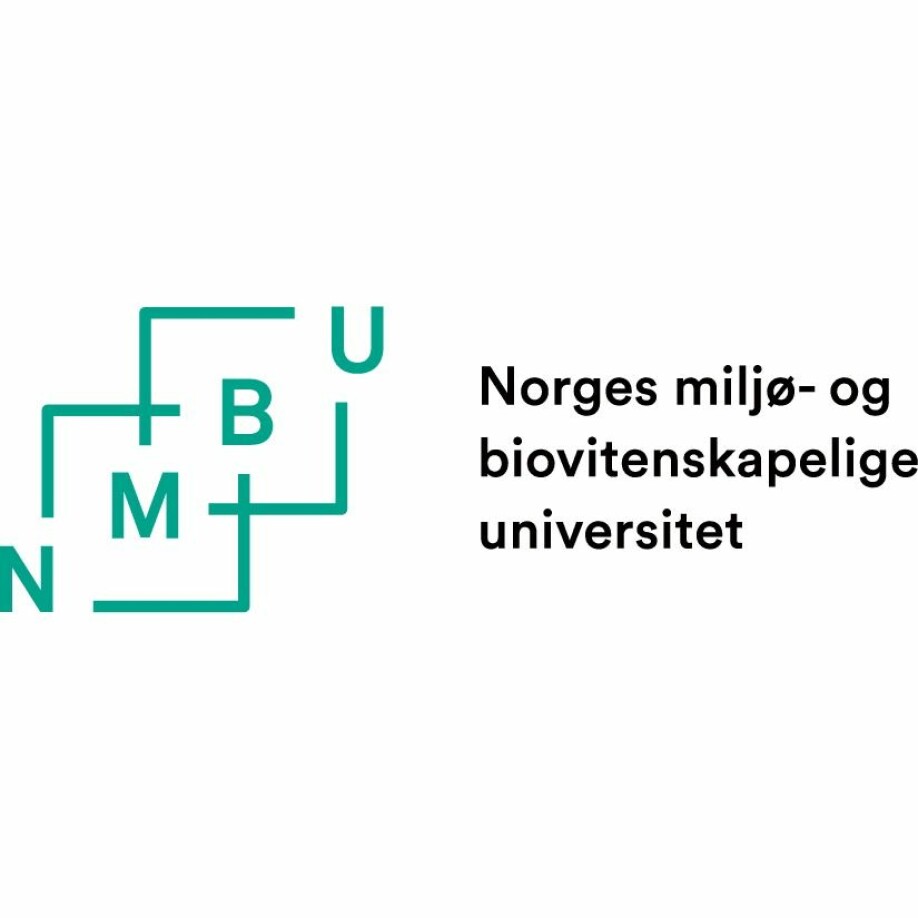Stilling:
PhD fellowship within International Environment and Development Studies
Application deadline: March 28th 2019

About the position
The Department of International Environment and Development Studies (Noragric) at the Faculty of Landscape and Society at the Norwegian University of Life Sciences (NMBU) has a vacant 3-year PhD position related to Extractive resource processes.
Exploitation of exhaustible resources such as oil, gas, and minerals is often contentious, in part because of the manner in which extraction pitches powerful corporate interests against those of local communities, and the tangible traces that extraction tends to leave on both natural and social environments.
Despite efforts to improve corporate practices and safeguard local interests, such as the Extractive Industries Transparency Initiative, challenges remain in a number of dimensions. These include a lack of transparency, corrupt practices, continuing neglect of social responsibility, the local social, political and economic consequences, and a failure to adequately protect sensitive natural environments.
Extractive industries, straddling the range of intra-state governmental, economic, and environmental levels, present us with a number of issues at the macro, middle, and micro scales, such as resource governance, foreign direct investment, economic dependence, resource conflicts, the ‘resource curse’, human and/or indigenous rights, institutional innovation and collaboration, local participation and organization, poverty, inequality, and resistance.
The successful applicant will engage empirically with one or more specific cases of extraction and their local effects, but also indicate how cases connect to broader social and economic issues (cf. issues mentioned above). Relevant academic fields include – but are not limited to – political ecology, anthropology of development, science and technology studies, environmental & social justice, and environmental history.
The Department invites applicants to submit project proposals for critically investigating extractive resource processes.
Main tasks
It is expected that the appointed candidate is admitted to the PhD programme in International Environment and Development Studies. The successful candidate must submit a study plan during the first months of the appointment, which outlines the planned content and progress of the work towards completing a PhD degree within the PhD scholarship period.
The PhD programme consists of mandatory and elective courses with oral and written examinations and a major research component. The applicant is advised to visit the website for detailed information regarding PhD regulations at NMBU and information about the PhD programme at Noragric.
Qualifications and skills
Required academic qualifications
- The applicant must have an academically relevant education corresponding to a five-year Norwegian degree programme, where 120 credits are at master's degree level. The applicant must have a documented strong academic background from previous studies, and be able to document proficiency in both written and oral English.
- The successful applicant must meet the conditions defined for admission to a PhD programme at NMBU and Noragric.
Additional required academic qualifications
- research-based master’s degree with a GPA of B or above in a relevant field
- Unless the applicant’s mother tongue is English, documentation of English proficiency: IETLS score > 7.0, TOEFL > 92
Desired academic qualifications
Research or work experience within one or more of the following academic fields: political ecology, anthropology of development, science and technology studies, environmental & social justice, and environmental history.
Required personal skills
- Well-structured in approach to work and time use
- Independent and responsive
- Motivated to manage a research project
- Enjoy interdisciplinary and collaborative work
Remuneration and information
The position is placed in government pay scale position code 1017 PhD Fellow salary grade 51 (NOK 449 400 per year). For particularly well-qualified applicants, alternative wage placement can be considered.
Employment is conducted according to national guidelines for University and Technical College PhD scholars.
The expected starting date is September 1st 2019.
For further information, please contact:
- Head of the PhD programme Professor Espen Sjaastad, E-mail: espen.sjaastad@nmbu.no, phone: + 47 67 23 13 32; or
- PhD programme coordinator Josie Teurlings, E-mail: Josie.teurlings@nmbu.no, phone +47 67 23 13 09.
Information for PhD applicants and general Information to applicants
Application
Applications should include:
- letter of intent
- a draft research proposal not exceeding 1000 words
- the applicant’s complete CV
- list of publications (if any)
- copy of Masters thesis
- certified copies of relevant transcripts and diploma’s
- documentation of English proficiency
- names and contact details for two references.
Application deadline: March 28th 2019
To apply online for this vacancy, please click on the 'Apply for this job' button above. This will route you to the University's Web Recruitment System, where you will need to register an account (if you have not already) and log in before completing the online application form.
Applicants will be evaluated on the basis of their academic qualifications, the quality of the draft research proposal and previous research as well as other relevant experience. The shortlisted applicants will be called for an interview as a part of the evaluation.
Applicants invited for an interview are expected to present original diplomas and certificates.






